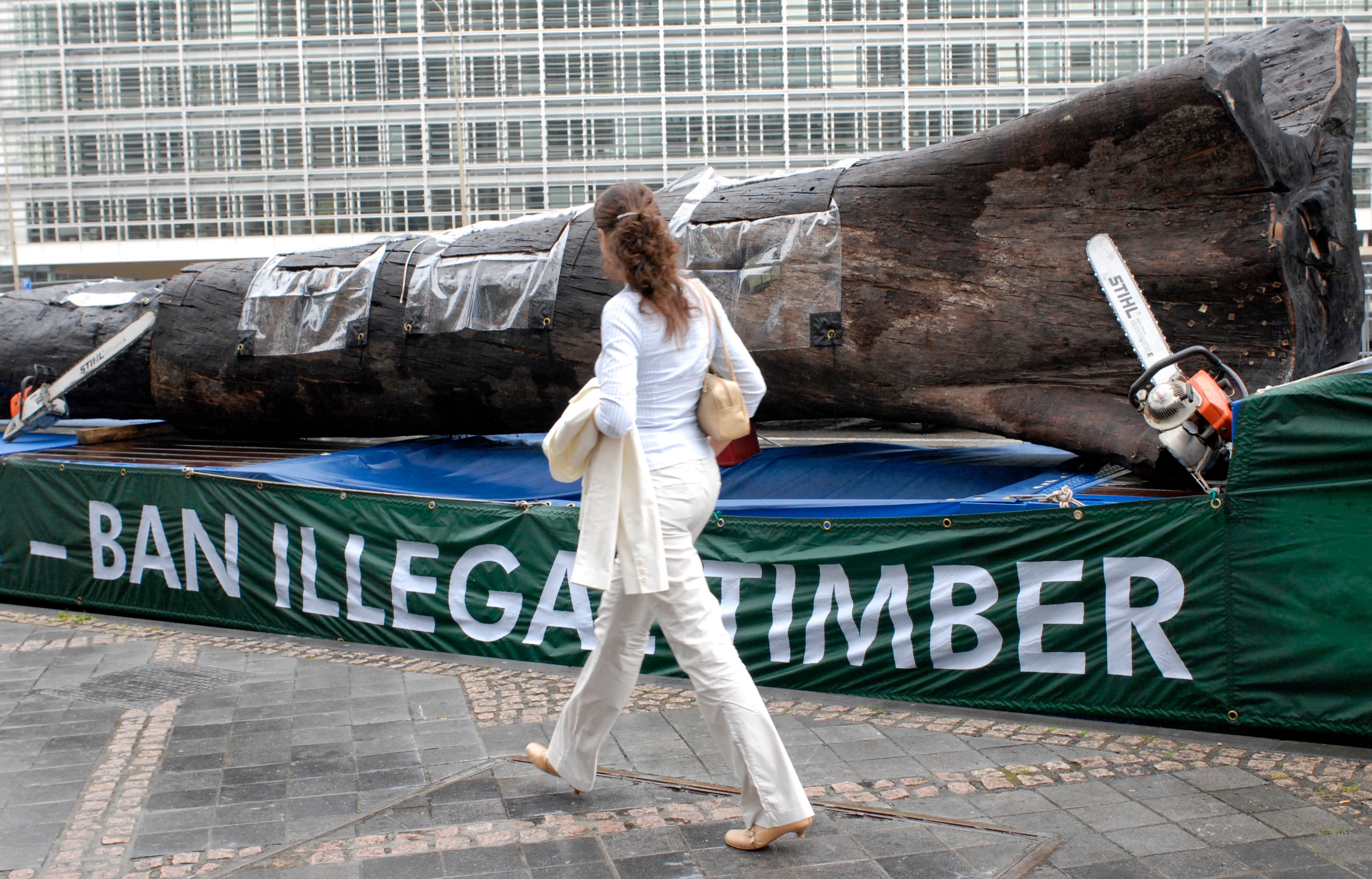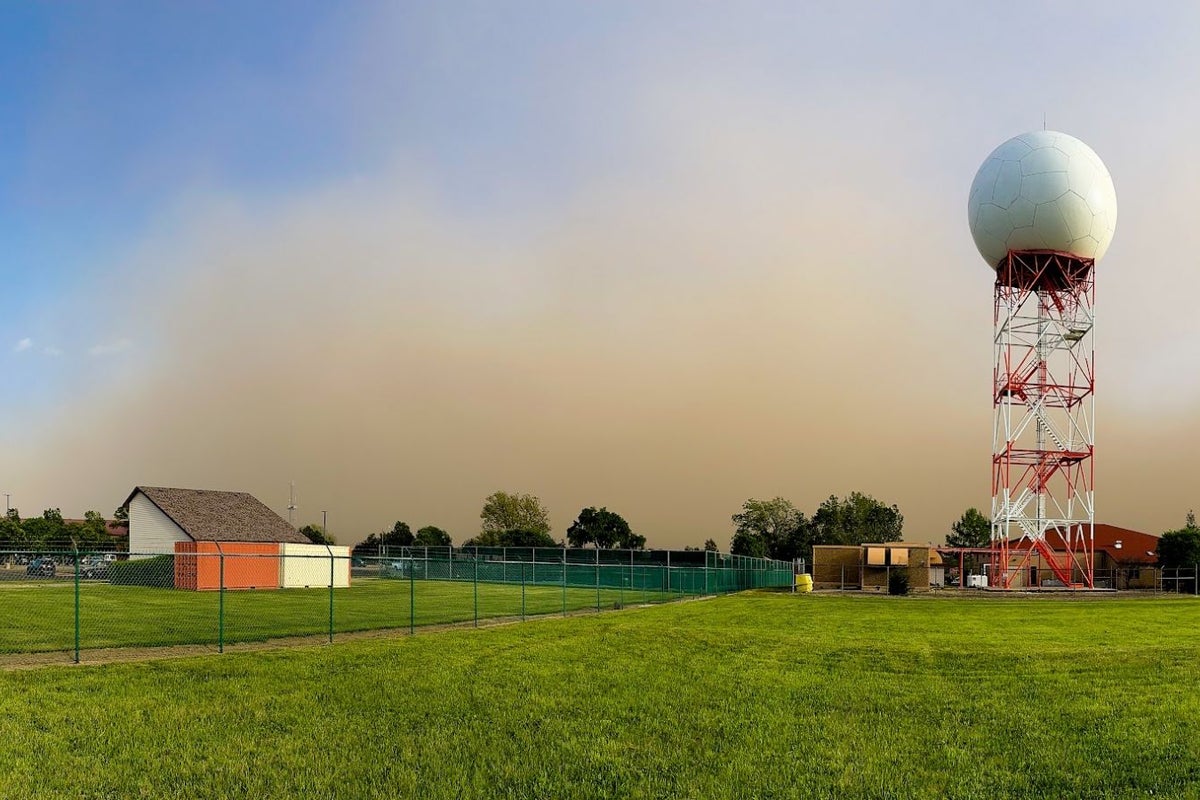ARTICLE AD BOX
In 2024, the majority of tropical forests didn’t fall to the chainsaw; they burned.
For the first time on record, wildfires became the primary cause of tropical forest loss, as global deforestation spiked to levels “unlike anything we've seen in over 20 years of data,” said Elizabeth Goldman, co-director of Global Forest Watch.
Wildfires destroyed 6.7 million hectares of tropical primary forest last year. That’s roughly the size of Ireland. It was nearly double the previous year’s total and the largest area of fire-related tropical forest loss ever recorded.
This spike in fire-driven deforestation isn’t just another grim statistic of a 1.5C world. It’s the clearest sign yet that pledges made in global halls, without accounting for realities on the ground, are falling flat on their faces and can't save the world's forests.
In 2021, Boris Johnson launched a landmark global forestry pledge in Glasgow to halt and reverse forest loss by 2030. Hailed then as a crucial step to protect the world’s tropical forests, it now stands in bare-naked shame.
Across the tropics, climate extremes turned forever-damp forests into tinderboxes, and from the Amazon to the Congo, “illegal” ranchers and miners took advantage by lighting fires, clearing land, and exploiting government blind spots.
In Brazil, the host of this year’s climate summit, the scale of destruction last year is simply staggering. During what was the country’s worst drought in 70 years, an area roughly three times the size of Scotland burned to dust. The dense, wet Amazon rainforests are unimaginably diverse, and rarely at risk of fire. However, according to monitoring platform MapBiomas, Brazil saw a 79 per cent increase in fire-related forest loss last year, and almost two-thirds of this was in the Amazon rainforest.
Experts across the country agree that while the country’s drought set the stage for last year’s devastation, only a tiny percentage of fires were due to “natural causes.” Instead, the more than 140 thousand fires set last year are thought to have largely been caused by organised crime networks that took root in the Amazon during the previous Jair Bolsonaro administration.
This comes only a year after the Brazilian government rolled out a new plan to ramp up forestry enforcement, crack down on illegal ranchers, and stop deforestation in the Amazon by 2030. As national policies tightened, non-fire-related deforestation dropped by 30 per cent in a year. The fight to reverse Bolsonaro’s blatant green light to cut down forests en masse had been successful. But the battlefront was about to shift, and ranchers turned to fire at such a scale that the current president, Luiz Inácio Lula da Silva, called it “climate terrorism”.
In Colombia, we see a similar phenomenon. The arrival of the progressive Petro government in 2022 led to the biggest drop in primary forest loss in 20 years. But last year, that all turned around, and primary forest loss increased by nearly 50 per cent. After decades of civil conflict and militarised forest patrols, peace has proven hard to keep profitable in many of the country’s poorest regions. Without sustainable livelihoods, illegal mining and coca cultivation have expanded to unprecedented levels. What is needed to stop deforestation in many of these regions isn’t a new global pledge, but new jobs, and help to imagine what Joaquin Carrizosa, a Senior Advisor at WRI Colombia calls “local, nature-based economies”

But the report didn’t just contain bad news. Indonesia and Malaysia were two of the few bright spots last year. In both countries, deforestation rates are dropping, as efforts to tackle poverty, restore degraded land and reduce wildfires have helped keep forests intact. However, with a change of government in Indonesia planning to clear an area of rainforest in Papua nearly as big as Belgium, to make way for sugarcane and rice, these priorities may be about to shift.
But what these results make clear is that protecting the world’s forests is far easier said than done. The pledge to end deforestation by 2030 is certainly not a lost cause, but achieving it isn’t just about governments making grand announcements to protect forests. This is undeniably a critical first step, but in order to keep these forests intact long-term, you need to empower the people who live with and make their living from forests themselves.
This undoubtedly includes indigenous peoples around the world, who continue to prove to be the best defence against illegal loggers. But it’s one thing to stop a truck; it’s another thing to stop miners with guns or a fire. What happens in these unregulated mines, out of sight, can be horrific. They need law enforcement to back them up. But it also needs to include these ranchers, miners, and poor people living across these regions, drawn into the trade.
When I was 19, I spent weeks living in and around illegal gold miners in Guyana, trying to understand what drives them to the trade. I met some whom I genuinely was afraid of. But I also met others, former high school teachers and bus drivers, dedicated dads trying to send money back home to their families. These aren’t people who were born to hate forests; they’re just looking for better options.
If the world is serious about meeting any of its climate and biodiversity goals, then 2024 must mark a turning point. We simply can’t meet any of the IPCC’s liveable climate scenarios without tackling deforestation. We probably don’t need any more global pledges. We’ve had plenty of those. The lessons learned this year need to be that instead of big global pledges, we need to work with those living in and around these incredible ecosystems and give them real opportunities to make a living protecting them. We don’t need to compete dollar for dollar with criminal networks, but we do need to offer an alternative.









 English (US) ·
English (US) ·